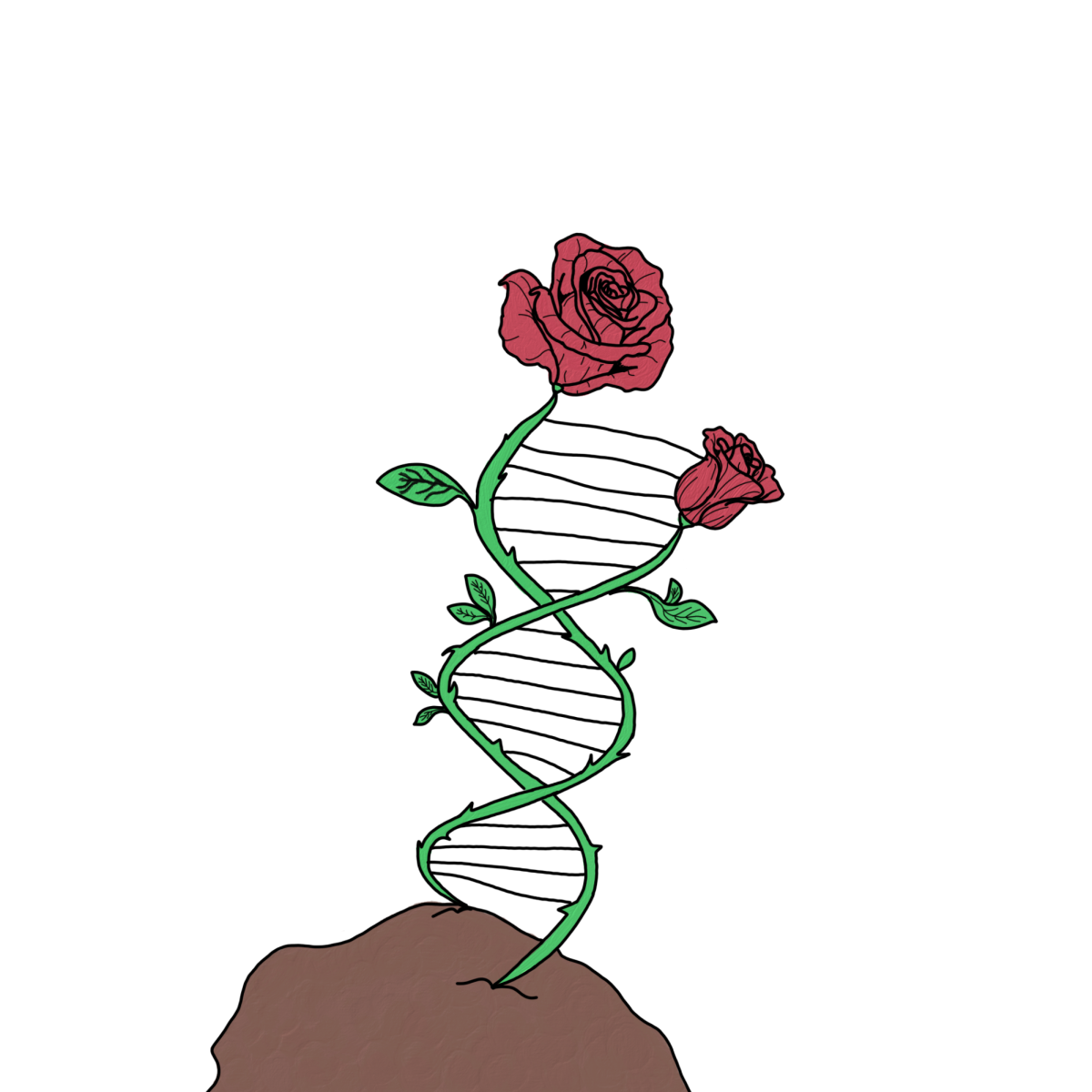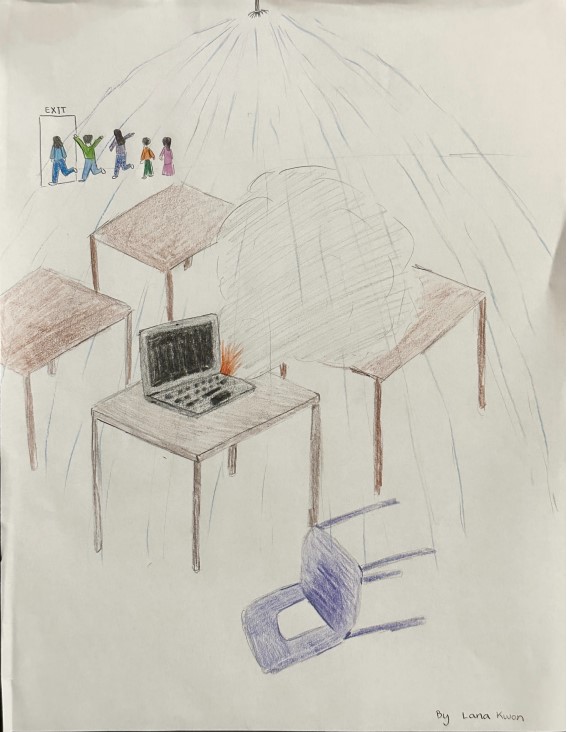Although a person can be born with certain traits, their life events, relationships and surroundings are what truly shape people’s personalities, choices and potential.
Early in life, family is the foundation for personality and belief systems. However, as individuals grow older, their personalities begin to shift, influenced by many different factors such as peers, living circumstances and social expectations.
According to Simply Psychology, “Individuals that are observed are called models. In society, children are surrounded by many influential models, such as parents within the family, characters on children’s TV, friends within their peer group and teachers at school.”
As individuals grow up, they tend to take after those around them who they admire. For instance, junior Kaelyn Asper’s family created a solid foundation for who she is today.
“My childhood environment played an important role in shaping my habits, traits and values. An example would [be that I spent] most of my childhood surrounded by my siblings. They played a huge part because they helped me [be] more compassionate and patient,” Asper said.
The childhood and family relationships one has can greatly influence the type of person one grows up to be. Further exploring how identity is impacted by nurturing, junior Dylan Suh shares how his personality has been shaped by spending time with his cross country team.
“Growing up, I’ve never considered myself to be a competitive person, but based on my experiences so far joining a sport and being surrounded by hard-working teammates, I feel like the little bit of natural competitiveness that I have has really been expressed to its full potential,” Suh said.
As people grow up, their environment also tends to change. When it does, it can have a major influence on their individuality and identity.
Sophomore Kevin Salaita believes changing environments can create different personalities because each environment carries out various cultures and values.
“As a kid, I’ve always wanted to follow my career in the medical field. I grew up in Jordan…As I moved here, I began to think about taking wrestling to college or maybe going into something like finance,” Salaita said. “My environment, switching from living in a desert with few options to living in the suburbs with more diversity for college and careers, opened my eyes and showed me who I wanted to be.”
Identity and personality can develop according to the geographic location an individual grows up in and the socioeconomic status they were raised in. If a person was raised in a low-income household where education was not an important factor, and were to move to a higher income area that may emphasize education, then their values and morals could begin to change.
According to the National Library of Medicine, “Previous research has found some evidence for the connections between different dimensions of [socioeconomic status] and personality trait levels: generally, higher education and income were associated with lower neuroticism and higher extraversion, conscientiousness and openness.”
A person’s upbringing, geographic location and society can have a major influence on their personality and even shift their identity.
However, senior Kye Castaneda suggests that as people grow older, they do not always follow in the paths of their parents and start to follow their nature.
“Parents trying to push their agenda on their kid is going to in turn result in the kid going ahead and seeking out their own thing,” Castaneda said.
Whether someone has been raised in a family that aligns with their aspirations or actively suppresses them, it is a form of nurturing nonetheless. People are consistently still discovering themselves and understanding who they really are. As a result, external sources telling us what to do or how to act has a large impact, whether that is rebellion or conformity, on how we present ourselves.
Although some major personality traits can be hereditary, as an individual grows their morals, values and identity can change because of multiple factors. We may inherit certain characteristics, but it is still evident that our experiences, relationships and surroundings greatly influence who we are and become.










